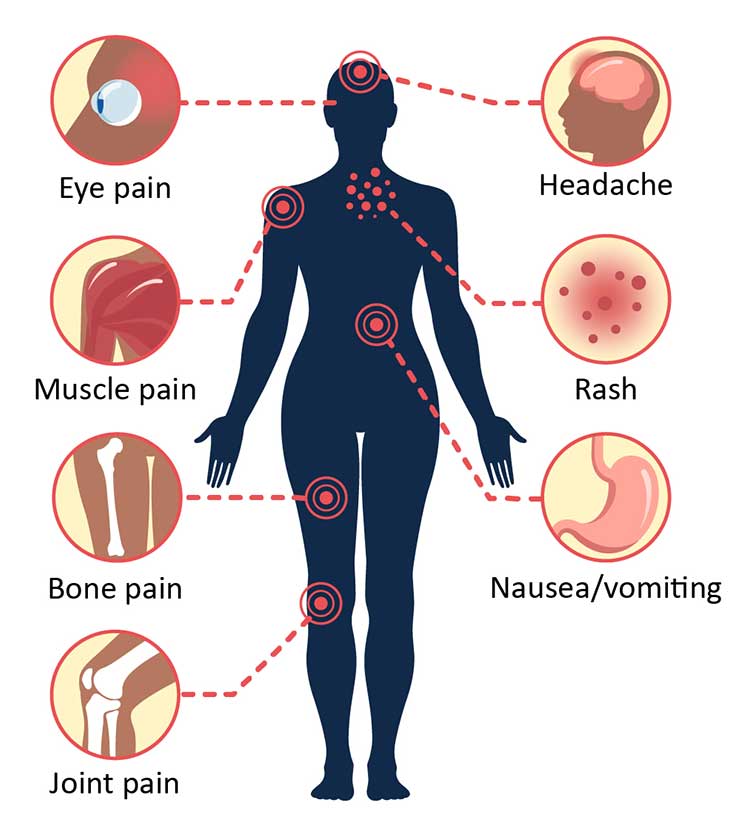
Dengue is currently the highest and rapidly spreading vector-borne viral disease, which can lead to mortality in its severe form. The globally endemic dengue poses as a public health and economic challenge that has been attempted to suppress though application of various prevention and control techniques. Therefore, broad spectrum techniques, that are efficient, cost-effective, and environmentally sustainable, are proposed and practiced in dengue-endemic regions. The development of vaccines and immunotherapies have introduced a new dimension for effective dengue control and prevention.
Thus, the present study focuses on the preventive and control strategies that are currently employed to counter dengue. While traditional control strategies bring temporary sustainability alone, implementation of novel biotechnological interventions, such as sterile insect technique, paratransgenesis, and production of genetically modified vectors, has improved the efficacy of the traditional strategies. Although a large-scale vector control strategy can be limited, innovative vaccine candidates have provided evidence for promising dengue prevention measures.
The use of tetravalent dengue vaccine (CYD-TDV) has been the most effective so far in treating dengue infections. Nonetheless, challenges and limitation hinder the progress of developing integrated intervention methods and vaccines; while the improvement in the latest techniques and vaccine formulation continues, one can hope for a future without the threat of dengue virus.
Primary symptoms of dengue appear three to 15 days after the mosquito bite and include the following:
Mosquito repellents: Use a repellent with at least 10 percent concentration of diethyltoluamide (DEET), or a higher concentration for longer lengths of exposure. Avoid using DEET on young children.
Mosquito traps and nets: Nets treated with insecticide are more effective, otherwise the mosquito can bite through the net if the person is standing next to it. The insecticide will kill mosquitoes and other insects, and it will repel insects from entering the room.
Door and window screens: Structural barriers, such as screens or netting, can keep mosquitos out.
Avoid scents: Heavily scented soaps and perfumes may attract mosquitos.
Camping gear: Treat clothes, shoes, and camping gear with permethrin, or purchase clothes that have been pretreated.
Timing: Try to avoid being outside at dawn, dusk, and early evening.
Stagnant water: The Aedes mosquito breeds in clean, stagnant water. Checking for and removing stagnant water can help reduce the risk.
To reduce the risk of mosquitoes breeding in stagnant water: